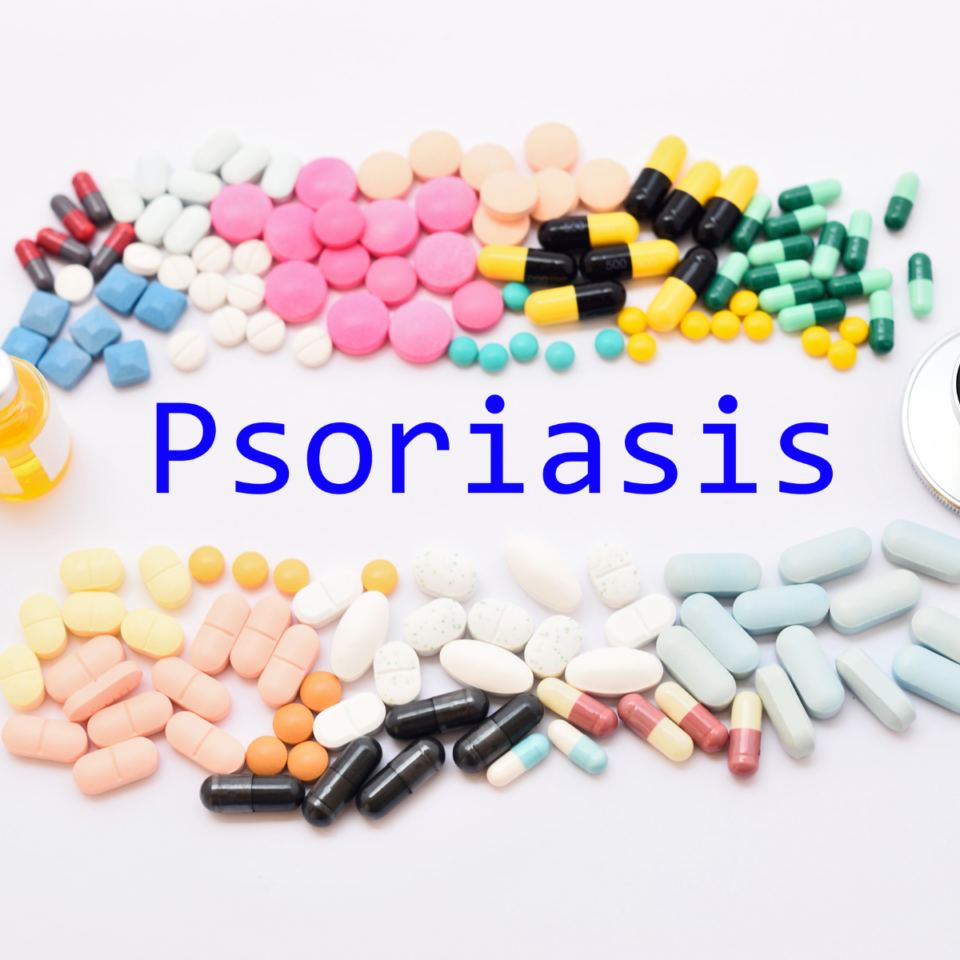Psoriasis, a chronic skin condition affecting millions worldwide, stands as a significant challenge in dermatology. This autoimmune disease is marked by red, scaly patches on the skin, severely impacting individuals’ physical and emotional well-being. A deep dive into the signs, causes, and a holistic treatment approach—including over-the-counter medications, prescriptions, home remedies, and dietary changes—offers a pathway to effective management.
Recognizing the Signs of Psoriasis
The most common form, plaque psoriasis, presents as raised, red patches with a silvery layer of dead skin cells, often leading to itching, pain, and psychological distress. Psoriasis comes in various forms, including guttate, inverse, pustular, and erythrodermic psoriasis, each with unique symptoms, and may also affect nails and joints.
Unveiling the Causes of Psoriasis
An autoimmune disorder at its core, psoriasis is driven by the immune system’s mistaken attack on healthy skin cells, with genetics and environmental factors like stress, skin injuries, and certain medications playing pivotal roles in its onset and flare-ups.
Exploring Treatment Options
Over-the-Counter (OTC) Medications and Prescriptions
Effective psoriasis management focuses on inflammation reduction and skin clearance. Here are 10 popular and effective OTC and prescription options:
- Hydrocortisone Cream (OTC): A mild steroid for reducing inflammation and itching.
- Salicylic Acid (OTC): Assists in scale and plaque removal.
- Coal Tar (OTC): Alleviates scaling, itching, and inflammation.
- Calcipotriene (Prescription): A Vitamin D analog that decelerates skin cell growth.
- Tazarotene (Prescription): A topical retinoid for normalizing skin cell activity.
- Methotrexate (Prescription): Slows skin cell growth and reduces inflammation.
- Cyclosporine (Prescription): An immune system suppressant.
- Biologics (Prescription): Including adalimumab and etanercept, target specific immune system parts.
- Apremilast (Prescription): Targets immune cell molecules to lessen inflammation.
- Ustekinumab (Prescription): A biologic focusing on interleukins causing inflammation and cell growth.
Home Remedies and Lifestyle Adjustments
In addition to medical treatments, these 10 home remedies offer symptom relief:
- Aloe Vera Gel: Soothes skin, reducing redness and scaling.
- Apple Cider Vinegar: Relieves scalp itchiness.
- Oatmeal Baths: Calms inflamed skin.
- Tea Tree Oil: Adds antiseptic qualities to shampoos.
- Turmeric: Offers anti-inflammatory benefits.
- Dead Sea Salts: Helps remove scales and soothe itching.
- Oregon Grape: Known for its anti-inflammatory and antimicrobial properties.
- Capsaicin Cream: Derived from chili peppers, reduces scaling and redness.
- Epsom Salts: Soothes and softens the skin in baths.
- Coconut Oil: Reduces plaques when applied topically.
Dietary Considerations: Foods to Avoid
Diet impacts psoriasis management, with certain foods potentially exacerbating symptoms. Here are 10 common foods to avoid:
- Red Meat: Especially fatty cuts and processed meats.
- Dairy Products: High-fat items like cream and cheese.
- Gluten: Present in wheat, barley, and rye.
- Nightshades: Tomatoes, potatoes, peppers, and eggplants.
- Alcohol: Can worsen symptoms and interfere with treatments.
- Processed Foods: Promote inflammation due to unhealthy fats and sugars.
- Fried Foods: High in trans fats.
- Refined Sugars: Spike insulin levels, increasing inflammatory responses.
- Citrus Fruits: May trigger flare-ups for some individuals.
- Spicy Foods: Can exacerbate symptoms for some.
Conclusion
Managing psoriasis necessitates a multifaceted strategy, incorporating an understanding of its indicators and triggers, a range of medical treatments, and lifestyle plus dietary modifications. Though no cure exists, effective management can vastly improve affected individuals’ quality of life. Consulting a dermatologist to customize a treatment plan is crucial, aiming for a healthier, more comfortable life with psoriasis.
Remember: Psoriasis varies from person to person, highlighting the importance of a positive outlook and open communication with healthcare providers to discover the most effective management strategy tailored to individual needs.

